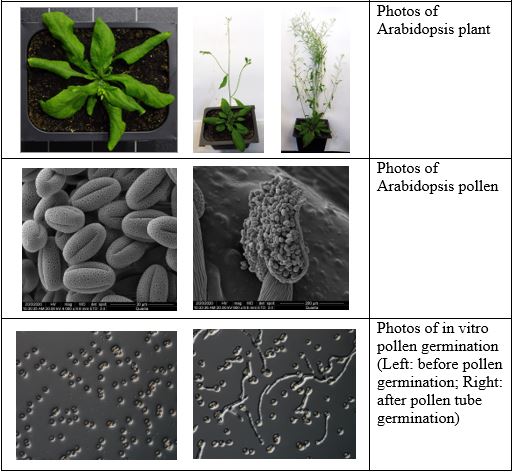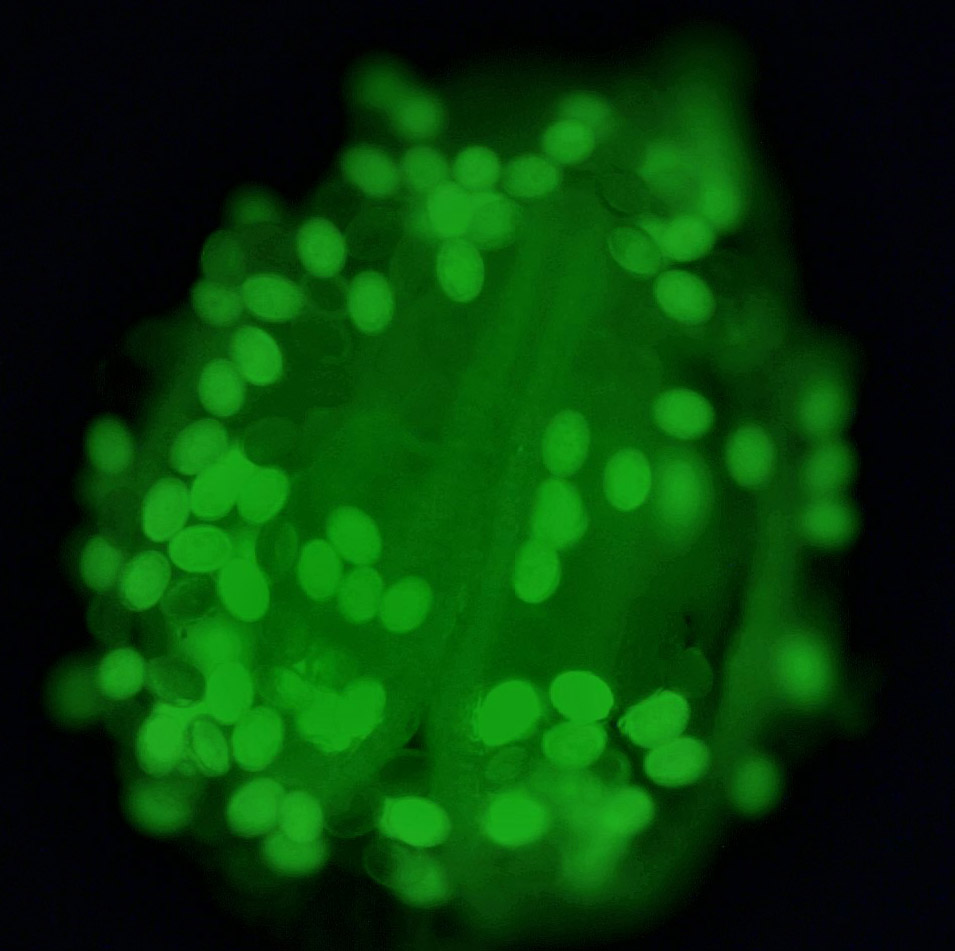[Yuki Nakamura] Discovery of a Key Lipid Signal Mechanism for Pollen Fertilization
POST:Associate Research Fellow Dr. Yuki Nakamura and his team at AS’ Institute of Plant and Microbial Biology recently discovered the key to pollen tube elongation: a mechanism that produces the lipid signal phosphatidic acid (PA). This discovery advances our understanding of lipid signaling that makes pollen fertile, and may also contribute to strategies on improving agricultural plant fertility. The team’s research paper on this discovery was published in the leading plant science journal The Plant Cell on May 29, 2020.
Pollen development and pollen tube growth are crucial for successful plant fertilization and propagation, with various agricultural problems stemming from pollen infertility. Previous studies have pointed out that PA plays an important role in sending signals during pollen tube growth; however, its production and impacts remained unknown until the AS team’s discovery.
First, Dr. Nakamura’s team successfully identified a pair of kinases (DGK2 and DGK4) in pollen of model plant Arabidopsis thaliana. Second, they proved through experiments that removing these kinases reduces PA and deforms pollen tube growth, thus making plants infertile. In addition, when the team added PA and relevant genes back into defective plants to allow DGK kinases to develop, the pollen tubes grew back to their average length within 12 hours, just like normal healthy pollen grains. Therefore, they concluded that the PA signal produced by DGK2 and DGK4 is essential for pollen tube growth and plant fertility.
During this study, the team discovered that the DGK2 and DGK4 kinases convert diacylglycerol, which does not transmit signals, to PA, a kind of lipid signal that exists between the pollen tube tip and the basal part to stimulate pollen tube growth.
The DGK2 and DGK4 kinases are generally found in key agronomical crop species, such as rice, wheat, corn, tomatoes, and apples. Thus, the team deduced that the PA mechanism is also likely to exist in various other plant species; this finding may help improve fertility in crops.
Dr. Nakamura’s team previously discovered another kinase responsible for the synthesis of phosphatidylcholine and phosphatidylethanolamine, 2 lipid classes required for seed development (AS Press Release, May 19, 2015). Dr. Nakamura emphasized that different types of lipids play crucial roles at different phases of plant growth and reproduction.
This research project was funded by the Academia Sinica Career Development Award. The authors of the research paper are Artik Elisa Angkawijaya, Van Cam Nguyen (co-first authors), Farrel Gunawan, and Yuki Nakamura.
The research team’s above-mentioned journal article is entitled “A Pair of Arabidopsis Diacylglycerol Kinases Essential for Gametogenesis and ER Phospholipid Metabolism in Leaves and Flowers”. It can be found at the journal’s website: http://www.plantcell.org/content/early/2020/05/29/tpc.20.00251

Media Contact:
Dr. Nakamura, Yuki, Associate Research Fellow, Institute of Plant and Microbial Biology, Academia Sinica,
(Tel) +886-2-2787-1029,nakamura@gate.sinica.edu.tw
